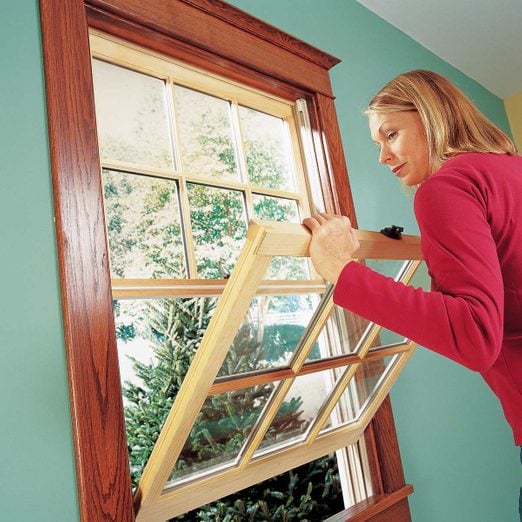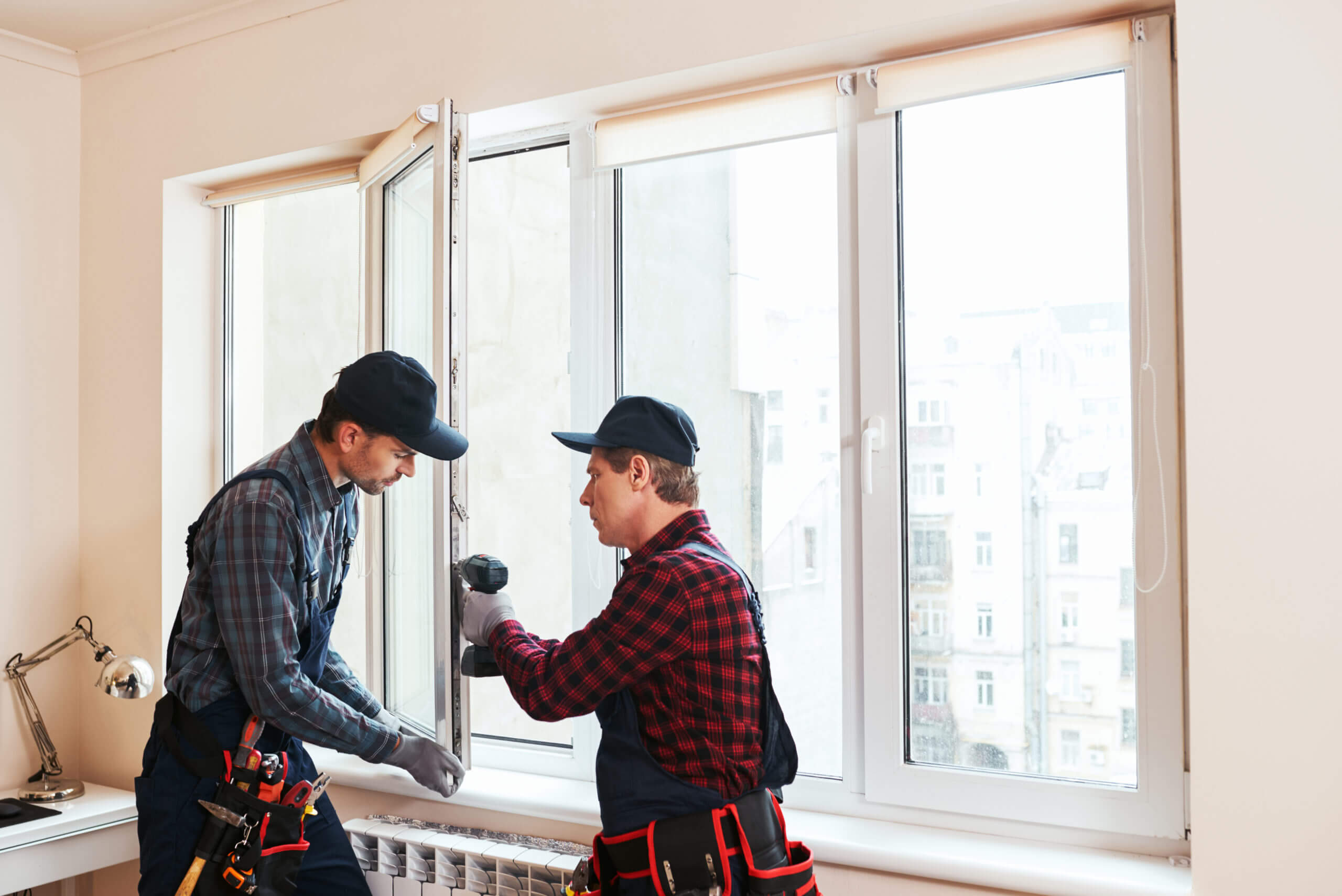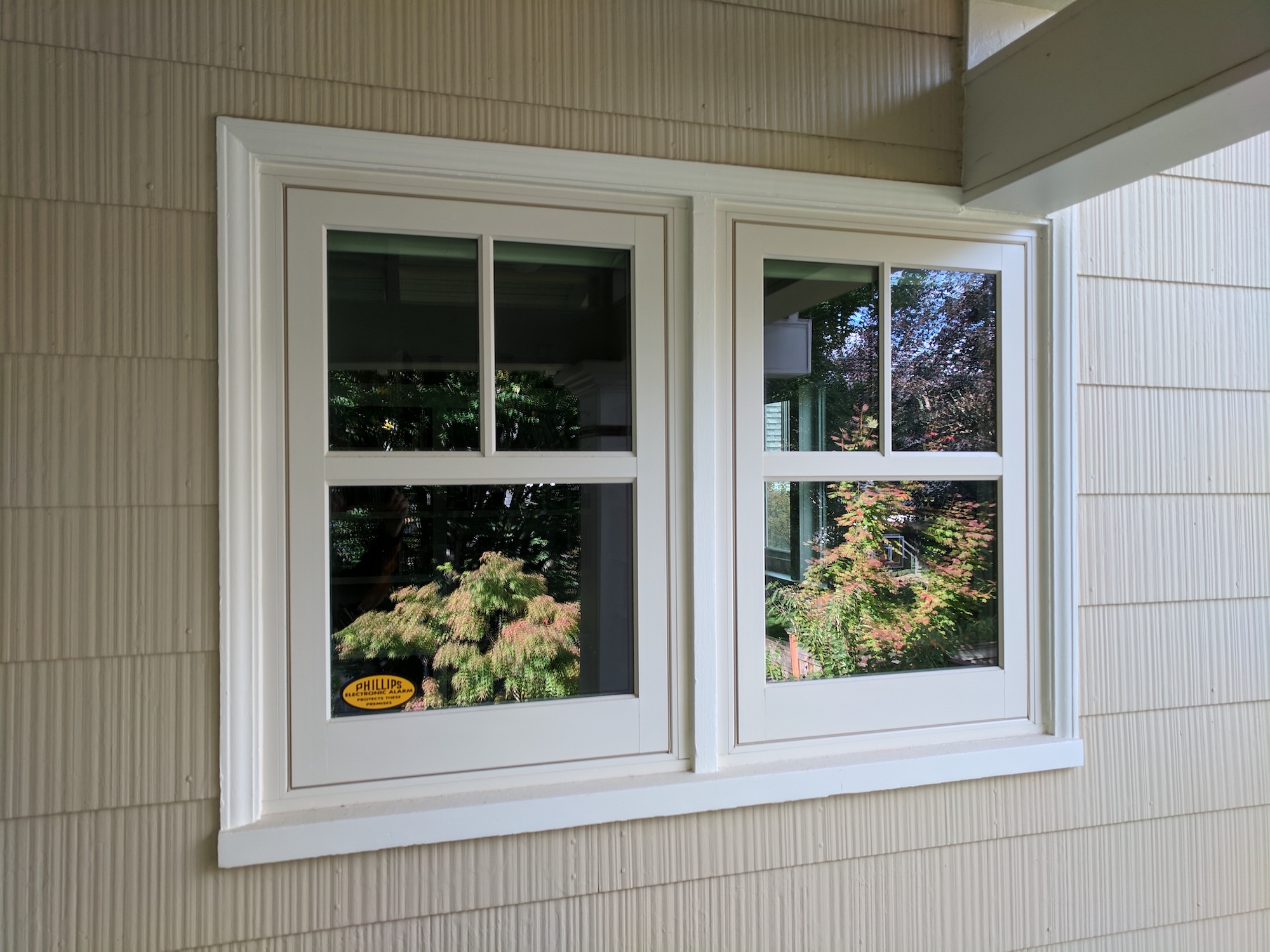Upgrade Your Home With Energy-Efficient Window Replacements
In the world of home improvement, the decision to update to energy-efficient home window replacements can substantially affect both the functionality and looks of a house (Houston Pella windows). As homeowners seek means to improve the effectiveness and sustainability of their living spaces, the option of windows plays a pivotal function in accomplishing these objectives. Past the surface area level of mere visual appeals, energy-efficient windows provide a wide variety of advantages that surpass mere visual appeal. With a cautious option procedure that takes into consideration numerous variables, from glass types to installation techniques, starting this home upgrade journey can show to be a transformative undertaking.
Benefits of Energy-Efficient Windows

The setup of energy-efficient windows provides significant cost savings on utility costs while improving environmental sustainability. Energy-efficient windows are created to reduce heat loss and gain, reducing the demand for home heating and cooling down systems to function overtime. By successfully insulating the home, these windows help maintain a comfy interior temperature level year-round, resulting in reduced energy intake and lowered energy expenses. Additionally, energy-efficient home windows can help manage dampness levels within the home, reducing the risk of mold and mildew and mildew development.
Beyond the economic benefits, energy-efficient windows contribute to environmental sustainability by lowering carbon exhausts linked with power manufacturing. By lowering power use, these home windows aid mitigate the environmental influence of illumination, home heating, and air conditioning property spaces. This reduction in energy usage plays a critical function in combating climate modification and advertising a greener future for generations to find. Overall, buying energy-efficient windows not only enhances the convenience and efficiency of a home however additionally aligns with ecologically aware techniques.
Kinds Of Energy-Efficient Glass
Numerous innovative kinds of energy-efficient glass offer unique residential or commercial properties that provide to various needs and choices in improving the sustainability and efficiency of buildings. Low-emissivity (Low-E) glass is a popular alternative developed to reduce the quantity of ultraviolet and infrared light that can travel through the glass, thus minimizing warm transfer. This kind of glass aids keep a regular interior temperature level, decreasing the demand for heating or cooling systems, and ultimately decreasing energy prices. Another innovative alternative is spectrally careful glass, which allows noticeable light to pass with while blocking particular sorts of infrared radiation. This helps in keeping a comfortable interior atmosphere while reducing warmth gain. Triple-pane glass, including three layers of glass with protecting gas between them, gives improved thermal insulation, making it very energy-efficient. Furthermore, self-cleaning glass with a special coating that damages down and loosens dust sliding glass door glass replacement when subjected to sunlight can lower upkeep requirements and keep home windows looking clean. Each kind of energy-efficient glass provides distinctive advantages, enabling house owners to select the most ideal choice based on their particular demands and objectives.
Aspects to Take Into Consideration When Picking
When pondering energy-efficient home window replacements, it is vital to very carefully evaluate specific variables that line up with your sustainability goals and desired power savings. The U-factor measures just how well the home window insulates, with lower numbers indicating far better insulation, while the SHGC indicates the home window's capacity to block warmth from sunlight. By meticulously assessing these variables, you can choose energy-efficient home windows that enhance convenience, reduce power expenses, and profit the environment.
Installment and Upkeep Tips

Routine maintenance is vital to maintaining the efficiency of your see energy-efficient windows. Inspect the weather-stripping and seals for any splits or spaces and change them if required to keep the windows' power performance. Woodlands window replacement.
Furthermore, lubricate relocating parts such as locks and hinges to make sure smooth operation. By adhering to these setup and upkeep ideas, you can enhance the power efficiency of your home and extend the lifespan of your energy-efficient windows.
Cost-Benefit Evaluation of Upgrading

Energy-efficient windows are created to lessen warm transfer, decreasing the need for heating and cooling down systems to burn the midnight oil. This can cause considerable savings on energy costs, specifically in regions with extreme temperature levels. In addition, energy-efficient home windows can enhance the overall worth of your home, making it a lot more attractive to potential customers if you determine to offer in the future.
When determining the cost-benefit analysis, consider the prospective savings on power expenses, any available incentives or discounts, and the life-span of the windows. While the preliminary cost might be higher, the long-term savings and benefits of energy-efficient home windows make them a wise investment for property owners looking to boost their building's power efficiency and worth.

Verdict
To conclude, upgrading to energy-efficient window substitutes uses numerous advantages such you could try here as minimized power intake, enhanced convenience, and cost savings. By picking the suitable kind of energy-efficient glass and considering aspects like frame material and installment, house owners can optimize the efficiency of their home windows. Normal maintenance and correct setup are important for lasting performance. Generally, the cost-benefit analysis of upgrading to energy-efficient home windows reveals that the preliminary financial investment can result in substantial savings in the lengthy run.
When contemplating energy-efficient window substitutes, it is essential to meticulously assess particular factors that align with your sustainability objectives and desired energy savings. The U-factor actions how well the home window protects, with lower numbers showing better insulation, while the SHGC indicates the home window's capacity to obstruct warm from sunlight. By thoroughly assessing these factors, you can select energy-efficient windows that boost comfort, reduce power costs, and benefit the setting.
While energy-efficient home windows may have a greater ahead of time expense compared to typical home windows, the long-term advantages often surpass the preliminary investment.In verdict, upgrading to energy-efficient window substitutes provides numerous advantages such as minimized energy intake, increased comfort, and cost financial savings.